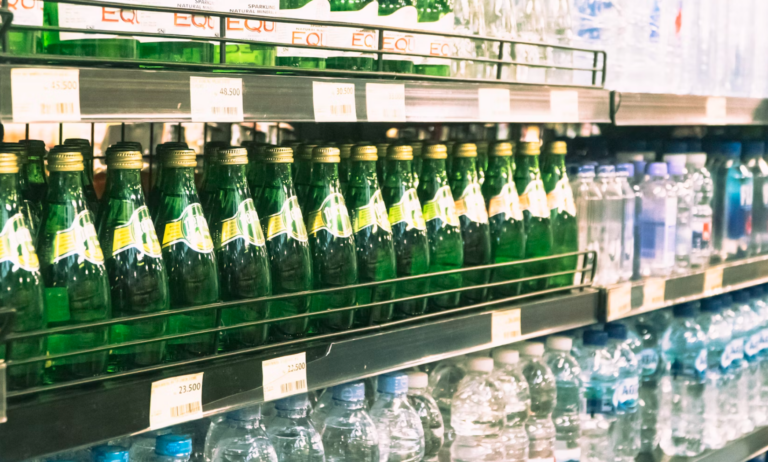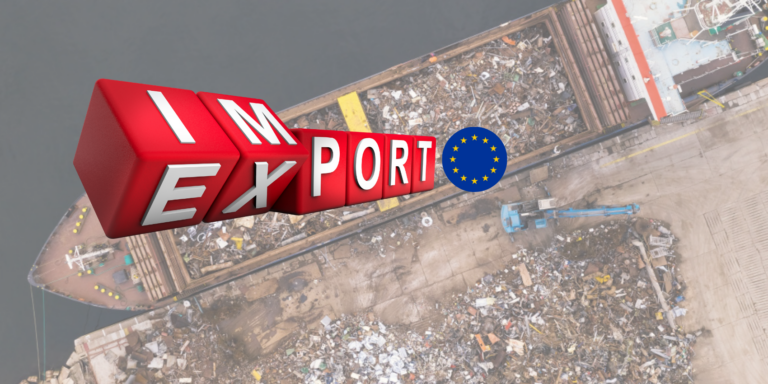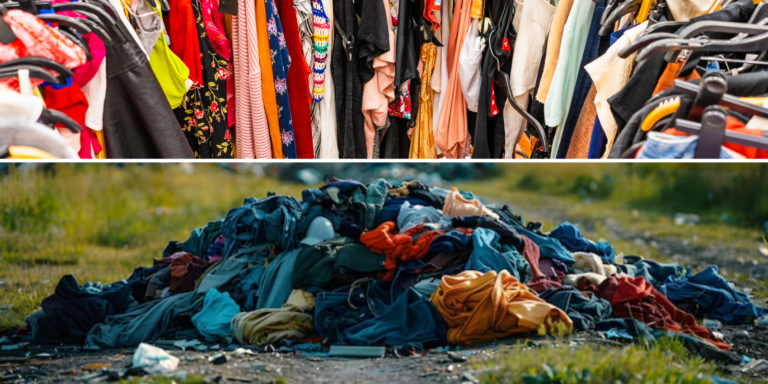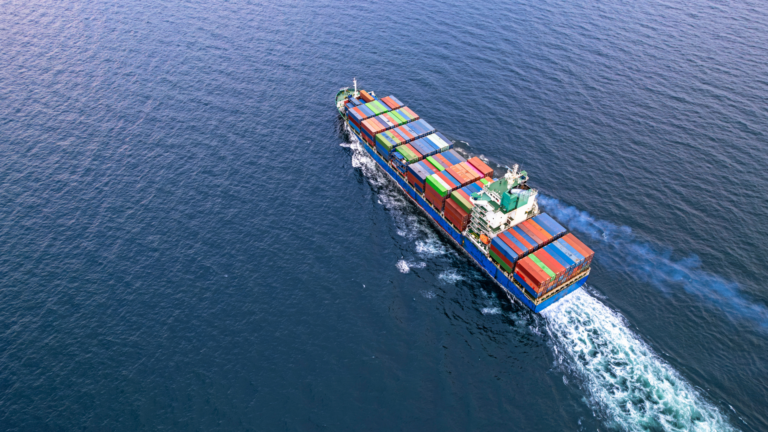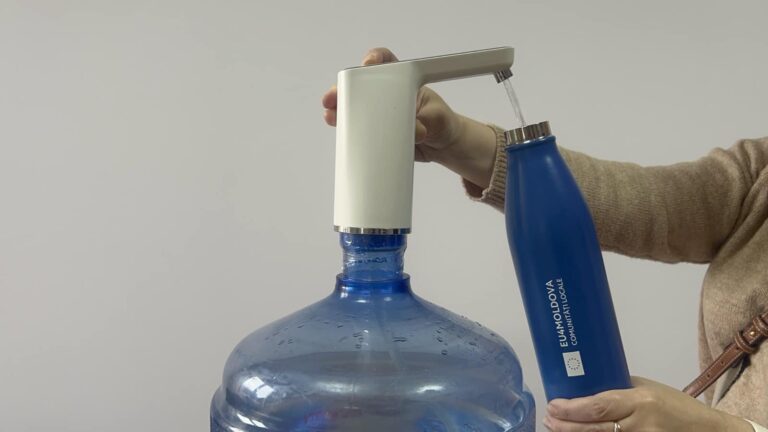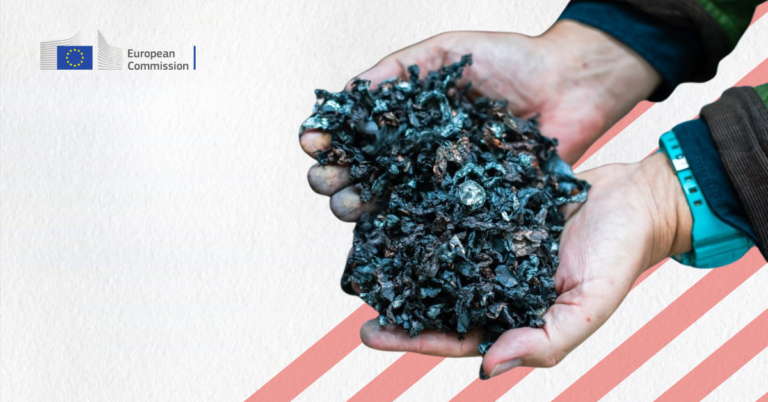The students of 14 IÎPT now know how to sort waste correctly
Details
Over 1,000 students from Technical Vocational Education Institutions were trained how to selectively collect waste
In the current November-December period, AO "Association for Waste Recovery" within the project "Promotion of Technical Vocational Education for a Green Economy" implemented by the German International Cooperation Agency (GIZ), conducted a series of trainings in the field of selective collection of waste for students and teaching staff from 14 technical vocational education institutions, which during the project will also be provided with specialized dumpsters for the collection of 6 categories of waste (plastic, paper, glass, metal, electrical and electronic equipment waste and organic waste).
Based on the objectives assumed by GIZ in order to realize this project, which also transposes the objectives of the Program for the promotion of the "green" economy in the Republic of Moldova for the years 2018-2020, by increasing the level of knowledge regarding the "green" economy and sustainable development in among pupils and students with at least 30%, including the promotion of ecological schools and schools for sustainable development, AO AVD developed a training course in the field of selective waste collection, which aims to model behavior and form sustainable and eco-responsible skills among students and teachers.
In carrying out these trainings, we started from the idea that the school plays a very important role in the formation of an ecological and green skill applicable in domestic conditions, within the school, but also in the multitude of green activities at a professional level. The more than a thousand young people trained in the field of selective waste collection are the adults and decision makers of tomorrow, and the attitude and education they receive today will influence their behavior in the future.
Since the school is a basic element in shaping correct skills and visions among students, indisputably, an important role in the formation and training of the personality of the young generations and their professional training within the educational institutions belongs to the teaching staff. The training concept for teaching/managerial staff primarily aims to inform and raise awareness of the target group with reference to the importance and necessity of implementing an effective waste management within the educational institution and dormitory, a fact that would contribute to the efficiency of resource consumption, minimizing the impact on the environment and health.
During the 14 trainings, AO AVD according to the methodology and guidelines developed regarding the selective collection of waste, prioritized the emphasis on:
- Developing the ability of teachers to promote students' interest in the problem of waste and recycling, but also to inform them about these aspects;
- Assimilation by students of a set of values and informing them about the environment and the importance of sorting as desired for recycling;
- Supporting students, through the proposed practical applications, to form and strengthen their skills necessary to identify the problems facing nature and society;
- Stimulating students' critical thinking regarding eco-responsible changes in the school and in the neighborhood;
- Increasing the educational impact of environmental activities on students by promoting active educational tools that will develop green competencies;
- Promoting the civic spirit in a practical way, by involving students in concrete actions of selective collection and recycling, as well as the acquisition of certain behaviors by going through inter- and trans-disciplinary activities.
Using interactive training tools (games with students, informative videos, samples of raw material obtained through recycling), the students together with the teachers got to know 6 categories of waste, practical and correct ways of sorting them, rationalization recommendations of resource consumption, how hazardous waste should be managed and last but not least what is the economic benefit of the 7th resource "recyclables".
The training for the teaching staff was carried out separately, for which they received a structured set of information regarding the national legal framework regarding waste management; selective waste collection rules; Sanitary sanitation and waste collection according to the "Norms and rules for technical exploitation of housing stock" and last but not least effective practices for organizing selective collection at an institutional level.
Appreciation of the level of understanding and usefulness of the training course by the participants
- "Through these trainings, we managed to identify several solutions to the problem of incorrect waste management at the institutional level (waste thrown into the mix, irrational consumption of resources, uninformed students and staff, lack of a collection infrastructure, etc.)".
Corina Munteanu, College of Ecology
- "It is necessary and important to organize such trainings for the education of the young generation and thus we will have a cleaner, therefore healthier environment".
Aculina Marandiuc, Deputy Director - Center of Excellence in Medicine and Pharmacy "Raisa Pacalo"
- "Together with the students, who are also going to disseminate the information among their colleagues, I understood how important it is to make correct choices as consumers of resources and generators of waste. It's amazing how every properly treated waste turns into a new resource."
Victoria Bercu, Director of the Alexei Mateevici College
- "We want such projects to be implemented in the native village as well - to install dumpsters and train the inhabitants of the village, because at the moment all the waste is thrown at the village's landfill" Lilian – student, Professional School no. 2
- "For us it was something new, something that left us speechless - to find out that plastic, especially the (plastic) water bottles that are consumed practically every day - decompose in nature for about 500 years" students, Professional School no. 10
According to the project, after the series of trainings, each of the 14 IÎPT will be provided with specialized dumpsters for waste collection. Therefore, based on the knowledge gained, both students and teachers will be able to effectively manage the generated waste, being responsible for each waste to arrive in the right dumpster, so that it can later be taken to the sorting station of the authorized operator for evacuation, sorting and waste recycling.
AO Association for Waste Recovery is specialized in organizing training courses in the field of selective waste collection. We can adapt the training for the specifics of each company or educational institution depending on the existing waste collection infrastructure and other requests. Find the description of the "Environmental and waste training" service here.
Related articles
Reacțiile la studiul publicat recent de Agenția Franceză pentru Siguranța Alimentelor, Mediului și Sănătății Ocupaționale (ANSES)
De ani de zile, marcăm simbolic Ziua Mediului, vorbim despre reducerea poluării cu plastic, venim cu
Modelul economic actual este construit în mare parte pe un sistem liniar de tip „extrage-produce-aruncă”, în
În contextul economiei circulare și al gestionării eficiente a deșeurilor, mecanismul de Responsabilitate Extinsă a Producătorului
În tranziția spre economie circulară, exporturile de materii prime reciclabile din Uniunea Europeană către țări terțe
Ziua Internațională “Zero Deșeuri” sărbătorită pe 30 martie și facilitată în comun de Programul Națiunilor Unite
La data de 20 mai 2024, a intrat în vigoare noul Regulament UE 2024/1157 privind transportul deșeurilor
Anual ziua de 16 martie este dedicată celebrării – ZILEI FĂRĂ APĂ ÎMBUTELIATĂ (Bottled Water Free
Miercuri, data de 5 martie, Comisia Europeană a actualizat Lista Europeană a Deșeurilor pentru a menține
Centrul de Instruire și Consultanță E-CIRCULAR anunță lansarea campaniei „Martie ECO-ACTIV-Reducem impactul, creștem responsabilitatea!”, o inițiativă







